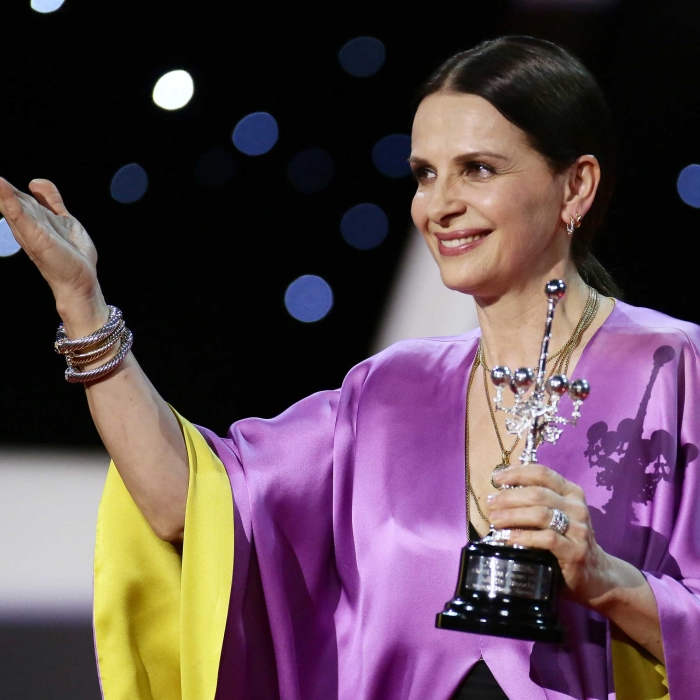Having taken her first steps in the theatre and trained as an artist at the National Conservatory of Dramatic Art, Juliette Binoche (Paris, 1964) made her movie debut with Liberty Belle (Pascal Kané, 1983), followed by numerous roles in the works of filmmakers including Jean-Luc Godard (Je vous salue, Marie / Hail Mary, 1985), Jacques Doillon (La vie de famille / Family Life, Official Selection, 1985) and André Techiné (Rendez-vous 1985), with whom she once again coincided years later on Alice et Martin (1998). The iconic Mauvais sang / The Night Is Young (1986) was her first collaboration with Leos Carax, under whom she also worked in Les amants du Pont-Neuf / The Lovers on the Bridge (1991).
From the very beginning of her career she has alternated titles made in French with many others in English, including the literary adaptations of The Unbearable Lightness of Being (Philip Kaufman, 1988), Wuthering Heights (Peter Kosminsky, 1992) and Damage (Louis Malle, 1992), in which she starred alongside Daniel Day-Lewis, Ralph Fiennes and Jeremy Irons, respectively. She has featured in casts with Mathieu Amalric, Daniel Auteuil, Judi Dench, Steve Carell, Catherine Deneuve, Johnny Depp, Ethan Hawke, Mathieu Kassovitz, Samuel L. Jackson, Denis Lavant, Olivier Martinez, Clive Owen and Robert Pattinson, among others.
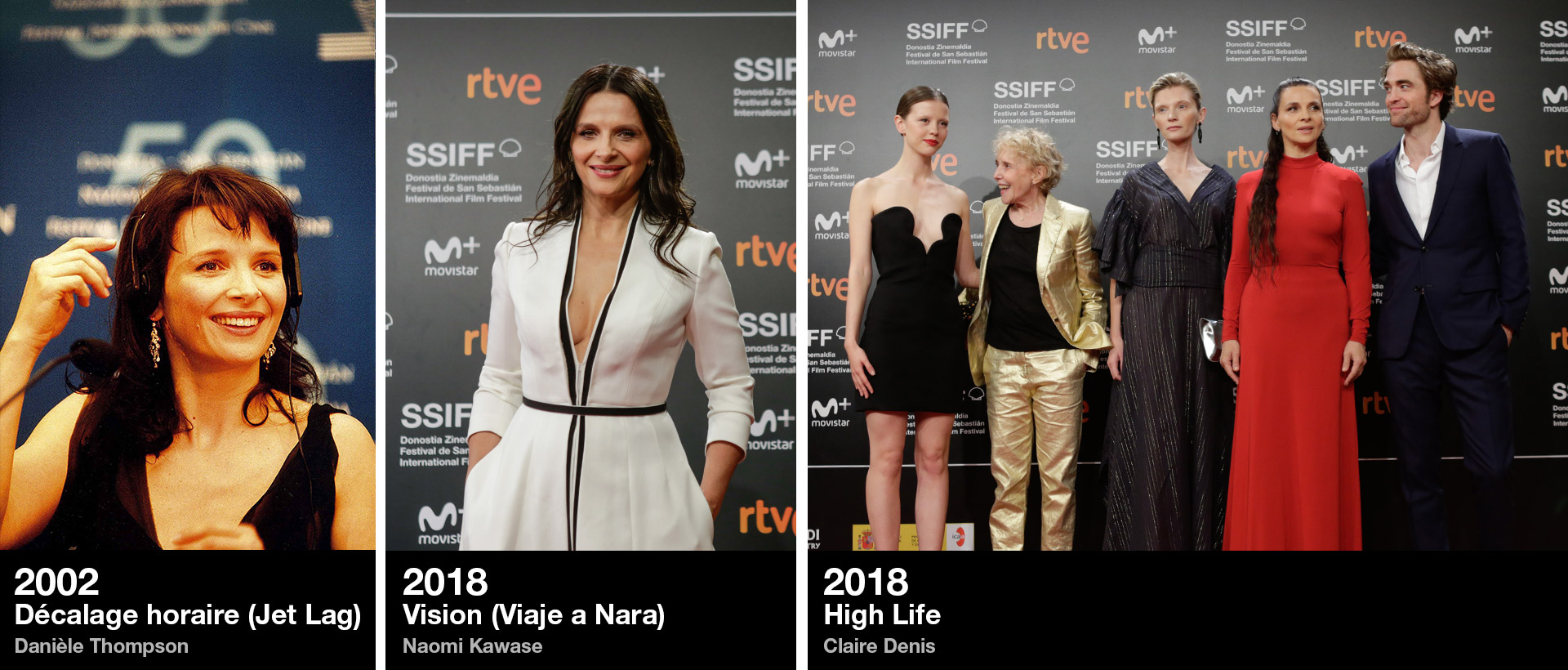
Binoche played a grieving woman in the film opening Krzysztof Kieslowski’s famous trilogy, Trois couleurs: Bleu (Three Colours: Blue, Zabaltegi, 1994), receiving her first César Award, an accolade for which she has racked up another nine nominations, and the acting award at the Venice Festival. She was also the novelist George Sand in Les enfants du siècle (The Children of the Century, Diane Kurys, 1999). However, widespread international recognition was to arrive with her unforgettable role as the nurse in The English Patient (1996), bagging her the Oscar for Best Supporting Actress and the acting award at the Berlin Festival.
She has worked under the orders of European filmmakers including Jean-Paul Rappeneau, who closed San Sebastian Festival’s Official Selection competition with Le hussard sur le toit (The Horseman on the Roof, 1995); Chantal Akerman (Un divan à New York / A Couch in New York, 1996), Patrice Leconte (La veuve de Saint-Pierre / The Widow of Saint-Pierre, 2000), Lasse Hallström (Chocolat, 2000), John Boorman (Country of My Skull,2004) and Michael Haneke, with whom she has filmed two essential movies: Code inconnu: Récit incomplet de divers voyages (Code Unknown, 2000) and Caché (Hidden, 2005). In 2002 she also played the lead part in Décalage horaire (Jet Lag, Danièle Thompson), the film bringing her to San Sebastian for the first time to close the Official Selection out of competition.
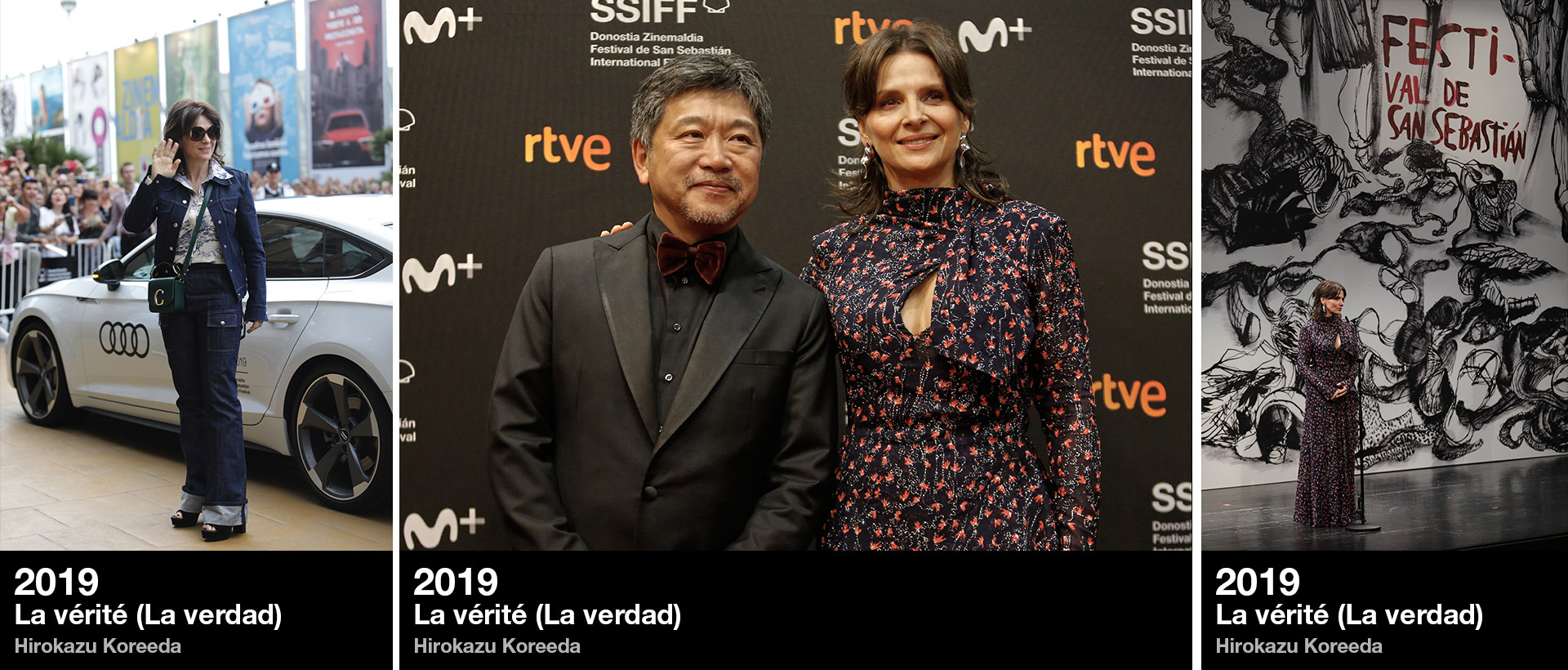
Also outstanding in her filmography are Mary (Abel Ferrara, Perlak, 2005), Le voyage du ballon rouge (The Flight of the Red Balloon, Hou Hsiao-Hsien, 2007), Disengagement (Amos Gitai, 2007) and Shirin (Abbas Kiarostami, 2008), whose director she joined yet again to make Copie conforme (Certified Copy, 2010), a love story set in Tuscany for which she won Best Actress at the Festival de Cannes.
Juliette Binoche has combined roles in action blockbusters like Godzilla (Gareth Edwards, 2014) and Ghost in the Shell (Rupert Sanders, 2017) with others for big-name independent helmers such as David Cronenberg (Cosmopolis, 2012), Isabel Coixet (Nadie quiere la noche / Nobody Wants the Night, 2015) and Bruno Dumont, with whom she starred in Ma Loute (Slack Bay, 2016) and Camille Claudel 1915 (2013), where she brought life to the famous sculptor of the same name. She has also frequently worked with the moviemaker Olivier Assayas, who directed her in L’heure d’été (Summer Hours, Perlak, 2008), Clouds of Sils Maria (2014) and Doubles vies (Non-Fiction, 2018).
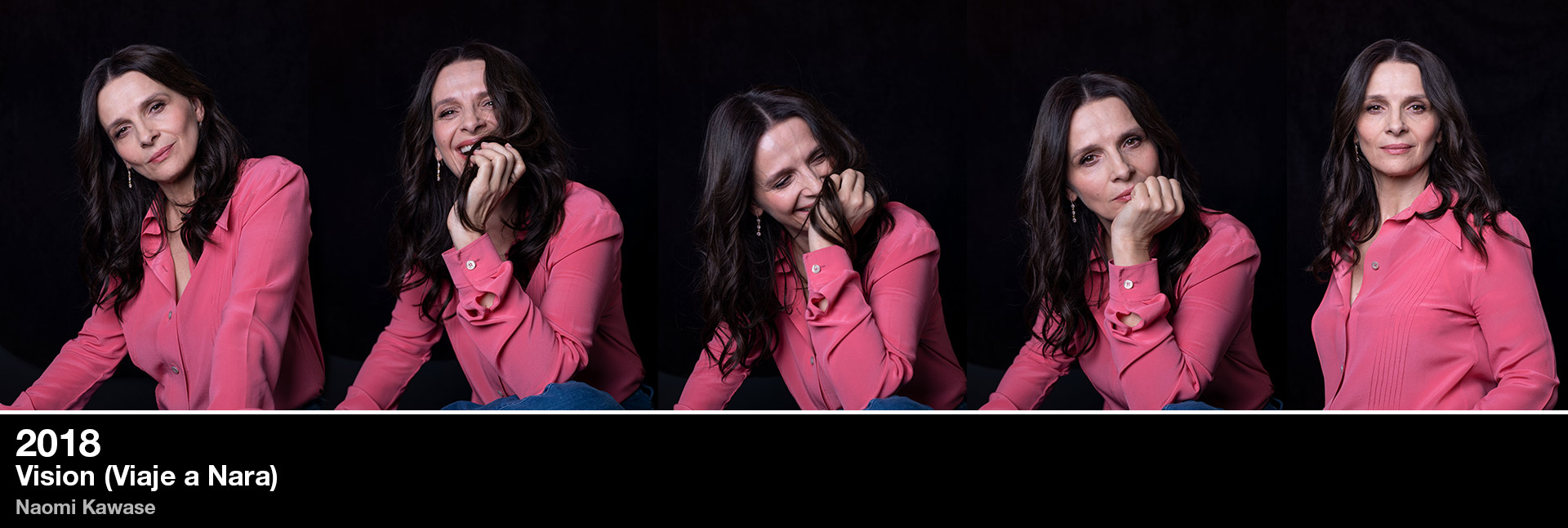
In 2018 the actor returned to San Sebastian to present two films competing in the Official Selection: Vision, a mystic tale by Naomi Kawase, and High Life, a new collaboration with Claire Denis on this sci-fi movie rewarded with the Fipresci Prize. Binoche has recently hooked up once again with the director alongside whom she had previously shot Un beau soleil intérieur (Let the Sunshine In, 2017) for Avec amour et acharnement (Both Sides of the Blade, 2022), the tale of a love triangle between Binoche, Vincent Lindon and Grégoire Colin. This film will be the Donostia Award Screening in the Kursaal Auditorium following the gala at which the actress will receive her award.
Her latest works also include La vérité (The Truth, Perlak, 2019), by Hirokazu Koreeda, with whom the actress travelled to San Sebastian for the third time, and Ouistreham (Between Two Worlds, Emmanuel Carrère, 2021), which participated in Perlak last year and carried off the City of Donostia / San Sebastian Audience Award for Best European Film.
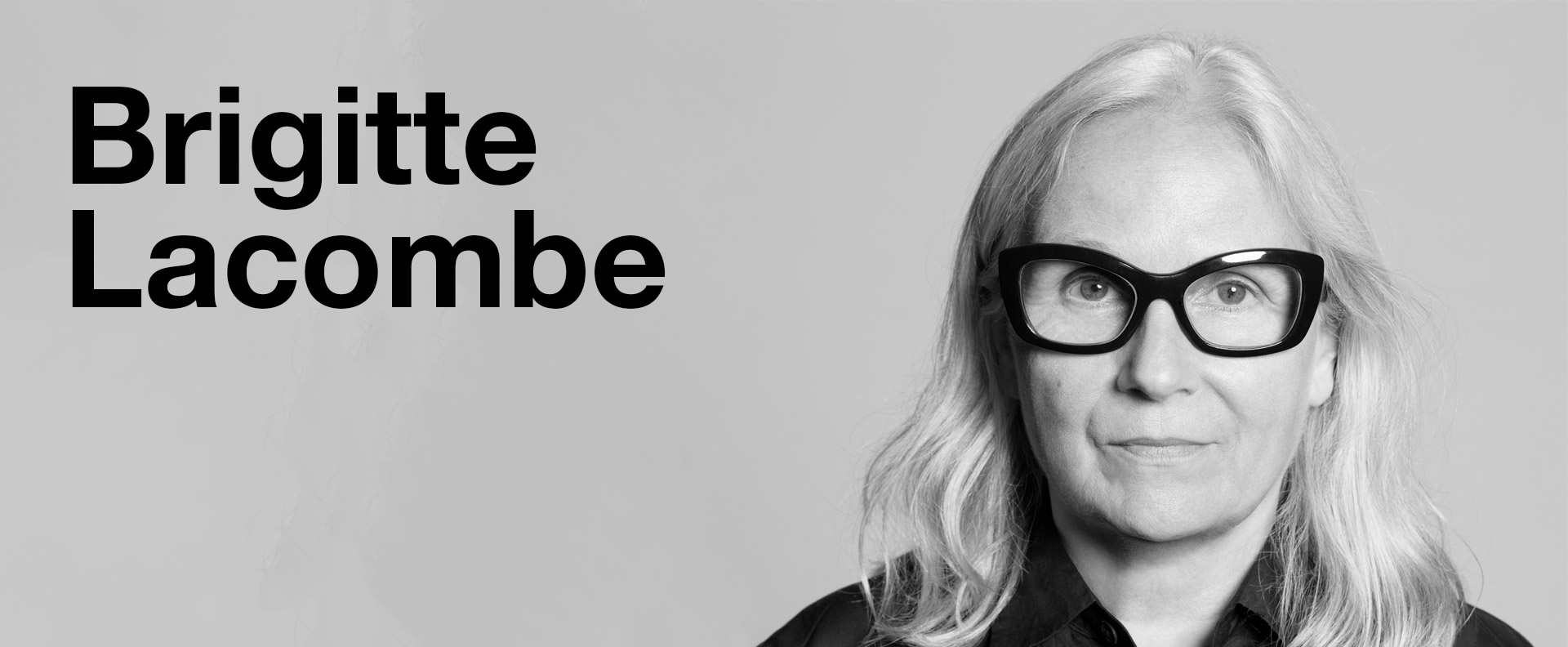
French photographer Brigitte Lacombe is known for her influential and revelatory portraiture. Her work has been exhibited and published internationally and her monographs include Lacombe Anima / Persona (2008) and Lacombe Cinema / Theater (2001). For four decades her camera has captured celebrated artists, actors, politicians and intellectuals. Her accolades include the Eisenstaedt Award for Travel Photography (2000), the Lucie Award for Lifetime Achievement in Travel & Portraiture (2012) and the Lifetime Achievement Award for Photography from the Art Directors Club Hall of Fame (2010).
As a still photographer, Lacombe has worked on many film sets including All the President’s Men (Alan J. Pakula, 1976), Fellini’s Casanova (Federico Fellini, 1976) and Close Encounters of the Third Kind (Steven Spielberg, 1977). She has also documented the work of filmmakers including Wes Anderson, Sofia Coppola, Alejandro González Iñárritu, Michael Haneke, Spike Jonze, Bennett Miller, Mike Nichols, Lynne Ramsay, Martin Scorsese and Quentin Tarantino among many other names.

